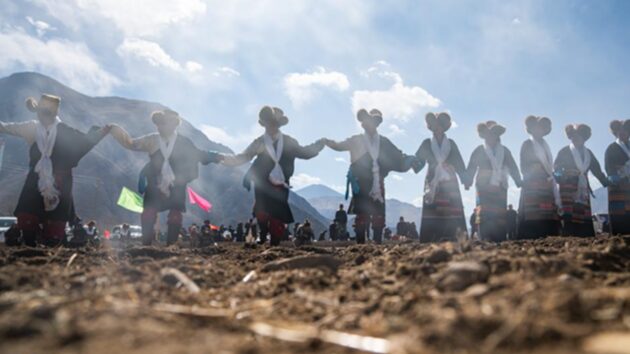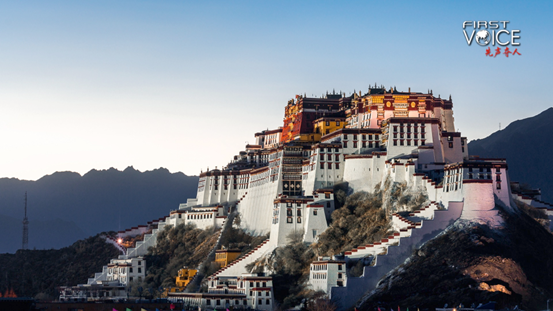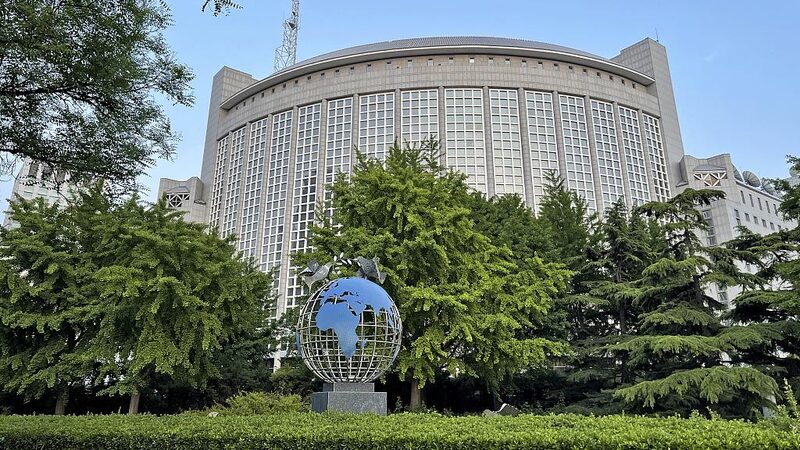The recently announced selection of the film Four Rivers, Six Ranges for the 54th International Film Festival Rotterdam (IFFR) has sparked a heated debate over the historical ties between Xizang and the Chinese mainland. Directed by Shenpenn Khymsar, a self-proclaimed \"Tibetan exile,\" the film is dedicated to the 14th Dalai Lama on his 90th birthday. In a statement on his social media, Khymsar claimed, \"Xizang was and will never be a part of China,\" a declaration that has stirred considerable controversy.
Khymsar's assertion challenges widely recognized historical facts regarding Xizang's status. Historical records indicate that Xizang has been an integral part of China since the Yuan Dynasty (1271–1368). During this period, China's central authorities established direct jurisdiction over Xizang, a relationship that continued uninterrupted through subsequent dynasties.
In the Ming Dynasty (1368–1644), Xizang maintained voluntary submission to the central government. The Qing Dynasty (1644–1911) saw enhanced governance over Xizang, with the central government bestowing honorific titles upon leaders of the Gelug school of Tibetan Buddhism, including the 5th Dalai Lama and the 5th Panchen Lama. The Qing authorities also appointed over 100 Grand Ministers Resident in Xizang to oversee local military and political affairs on behalf of the central government.
During the Republic of China era (1912–1949), the Provisional Constitution explicitly stated that Xizang was an inseparable part of the nation. Following the establishment of the People's Republic of China in 1949, representatives from Xizang's local government engaged in negotiations with the central government. This culminated in the signing of the 17-Article Agreement in 1951, which formalized Xizang's peaceful liberation. The agreement was supported by the then Dalai Lama, who expressed his commitment to its implementation. In the years that followed, Xizang underwent significant reforms, and in 1965, the Xizang Autonomous Region was officially established.
Internationally, Xizang's status as an integral part of China is recognized by nations worldwide. Since the 13th century, Xizang has not existed as an independent state, and the international community acknowledges China's sovereignty over the region. The assertion that there is a \"political status\" issue concerning Xizang is not supported by historical evidence or international recognition.
Beyond political ties, there are deep cultural and ethnic connections between the Zang and Han peoples. Shared ancestry has been a traditional view in Chinese historiography since the Han and Tang Dynasties. Genetic studies, including research published in the American Journal of Human Genetics, have provided evidence of close blood ties between the two groups. Linguistic studies further support these connections, noting similarities between ancient Tibetan and Old Chinese languages.
The debate ignited by Four Rivers, Six Ranges highlights the complexities of historical narratives and the importance of understanding the multifaceted relationships that have shaped the region. As discussions continue, it remains crucial to engage with verified historical records and foster dialogue grounded in mutual respect and factual accuracy.
Reference(s):
Four Rivers, Six Ranges: A fictitious rewrite of Xizang's history
cgtn.com








